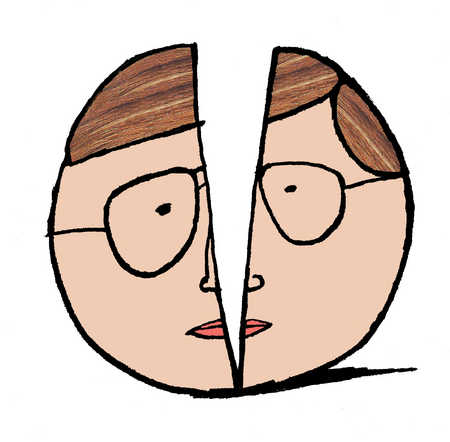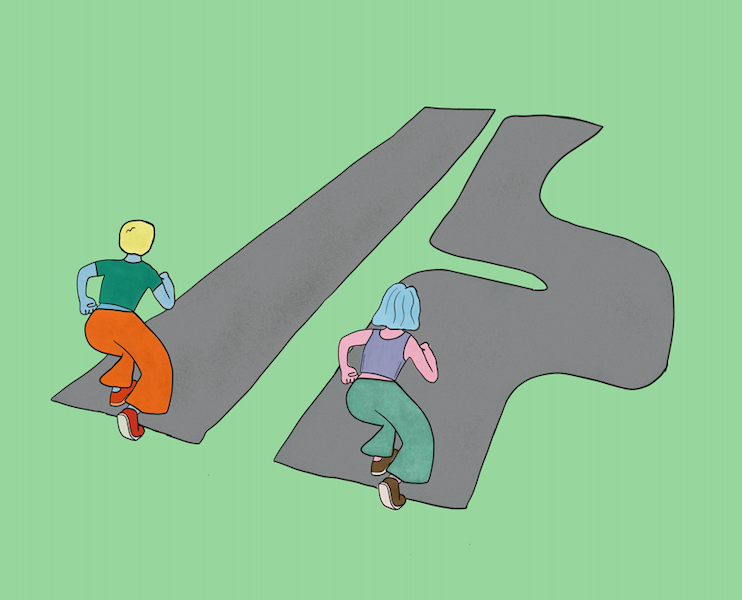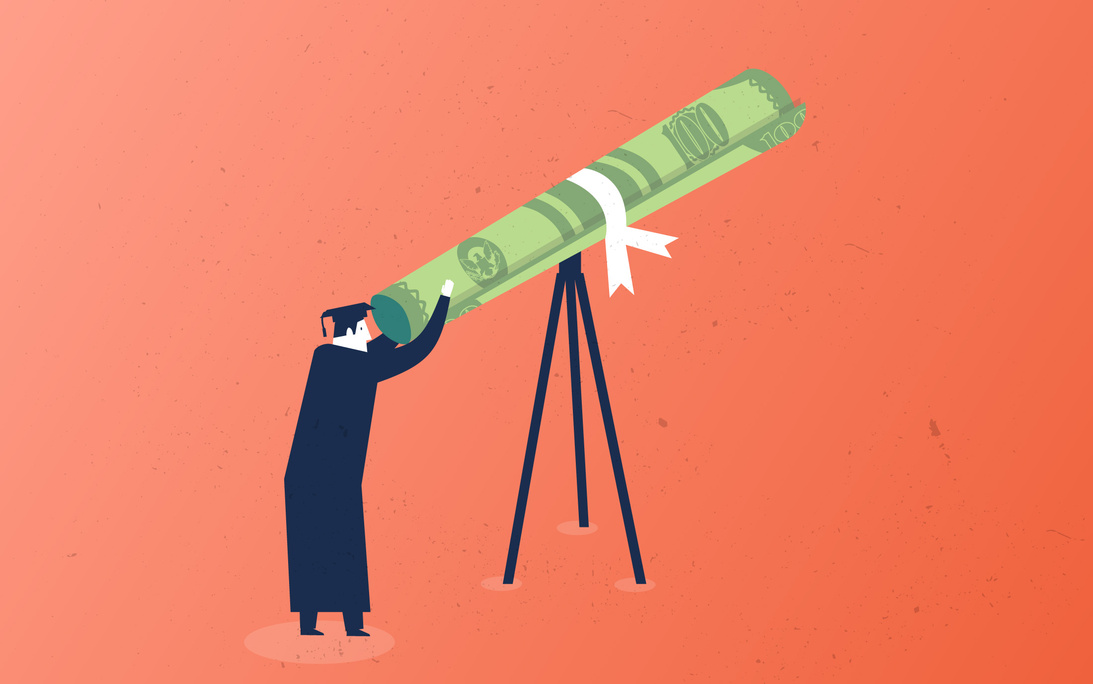Why Africa’s Growth is an Illusion
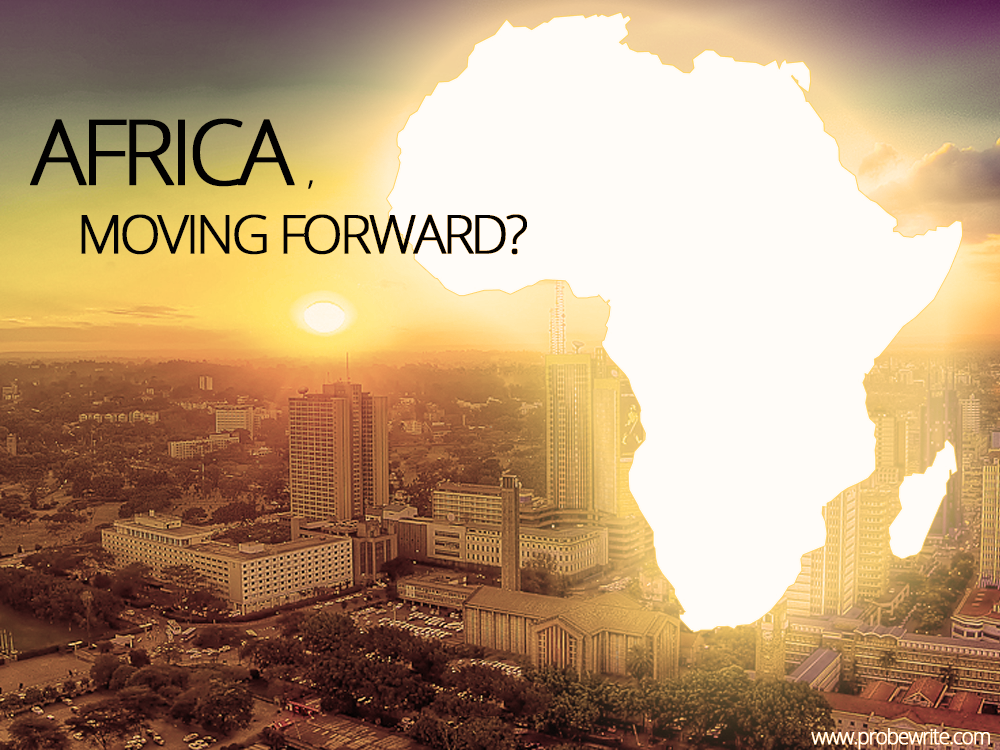
According to the world bank and a couple of other studies, many African countries are experiencing a rapid growth in GDP, Côte D’Ivoire recently recorded one of the highest GDP growth rates in the world with a record high 10.2% in 2012. In 2015, Cameroon had a GDP growth rate of 5.8 % while Côte D’Iviore came in at 9.2%. Recent statstics provided by the world bank have Cameroon at a 4.5% growth rate with Côte D’Ivoire at 8.8%. These are the numbers usually “shown off” by the governments to gain support for their policies, and impress the people with high performance reports. What we hardly ever hear about is something called the Debt to GDP ratio.
Does Increase In GDP indicate actual growth?
A country's gross domestic product can be calculated using the following formula:
GDP = C + G + I + NX
where
- C = Private Consumption (Consumer Spending)
- G = Sum of Government Spending
- I = Sum(Value) of State Investment ( including businesses capital expenditures)
- NX = Nation's Net Exports (Total Exports – Total Imports)
We see clearly that there is no account for debt in the GDP calculation so if the government borrows money to spend on its economy, the GDP increases! While a rise in GDP is not a bad sign it’s not an obvious call for celebration.
It’s important for us to understand that the GDP is the key factor in the indicator world and it measures Economic Activity, not Productivity or Efficiency, which in this light can be regarded as better measures of Economic Health. If the government borrows money and misappropriates it through poor investments and embezzlement as often observed in many African economies, the GDP still grows then they throw that number around and claim to be doing well in the reports, whereas on the ground, no significant improvements in the quality of life of the average individual is observed, rather there’s a drop following certain factors including inflations. Going by GDP alone, so long as there is financial activity, it is “all good!” The reason is so long as money is changing hands, the intermediaries are making money from those doing the exchanges in form of interest rates, service and transfer fees etc.
Of course the whole financial system of most African countries cannot be fully exposed here. As the truth about what is happening is systematically being hidden from most of the world even though the signs are clear when observed with a good sense of discernment and the observation that transparency is a missing component in many of these economies. The system is apparently well designed to make a few people (not countries) richer while the rest of the world becomes poorer and sold on an illusion of progress. Saying much more will mean backing it up with facts which is sometimes the requirement by which most of the truth goes unheard because people have be trained to demand facts that can never be provided. There are several cases of misappropriation of diverse forms that cannot be reasonably mentioned here in the African perspective.
What does this imply?
So where is all these analysis driving us? Most of the financial systems Africans have become subject to including the World Bank and IMF, which are agents of the lesser known Bank for International Settlements (BIS) which also serves as a bank for Central Banks in the world including prominent African central banks like BEAC, are not designed to help Africa grow.
You should note that the BIS headquarters in Basel, Switzerland is a sovereign city state just like the Vatican in Rome. To give you an idea of what that means, basically BIS cannot be investigated and or is above the law. The BIS is said to be behind financial manipulations to devalue the currencies of non member countries like Zimbabwe which is why there is perpetual inflation in that country.
In Africa, like the rest of the world, we use facts to defend our economic position. Facts calculated and provided to us by people who do not have our interest as this is a clear rule in internal relations everyone is out to negotiate their gain as priority. This is continuously promoted by approval of loans by these bodies to African states which are unable to pay back or are already heavily indebted despite alleviation of various debts. The Naiveness (call it foolishness if you want) and greed of many African leaders is fueling this problem as they blindly get into more and more deals which highly un-beneficial and very detrimental in the long run.
African visionaries have always known that the western imperialist will continue exploiting Africa, not using force this time but by what is now know as neocolonialism. In 1963, speaking at a meeting of 32 African Heads of State and Government, Nkwame Nkrumah called for the creation of a Union of Independent African States that would have given us the power to guard our self interests. Nkrumah never succeeded in getting the message across because the imperialists had/have mastered the art of using our elites to continuously exploit us. The initiative of a Union of Independent African States which Nkrumah proposed in 1964, a historic well-reasoned call, was ignored in favor of a weak Organization of African Unity (OAU). Decades afterwards, the OAU was replaced with the current African Union which is exactly what Dr. Nkrumah has never wanted it to be; A body controlled by the same imperialists who the African freedom fighters had fought to gain political independence.
In worlds status quo, there is no such thing as political independence without economic independence. African leaders today are fond of making political moves on a basis of if imperialist governments would approve of them or not. Africa becomes weaker as time goes on and imperialist methods become more elaborate.
References:
- PoiseSocial
- Watch also, Canada banking flaws on Youtube
- Wikipedia (Links highlighted in article)
- World Bank (Research publication highlighted in article)
Similar Post You May Like
-
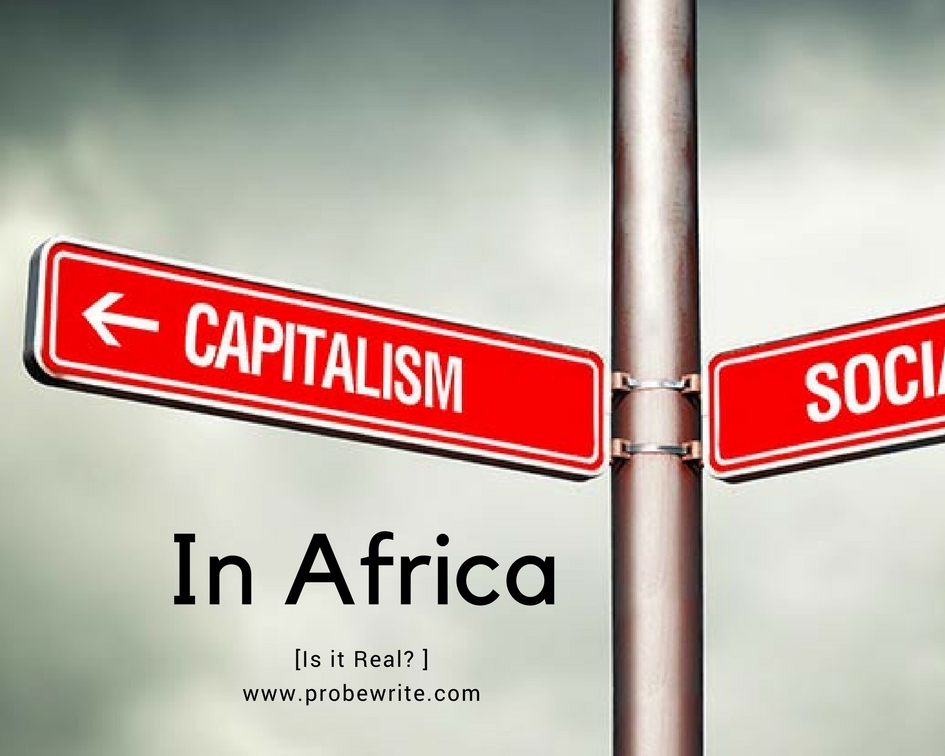
Capitalism in Africa : A virtual reality?
Capitalism an economic and political system which has ...
